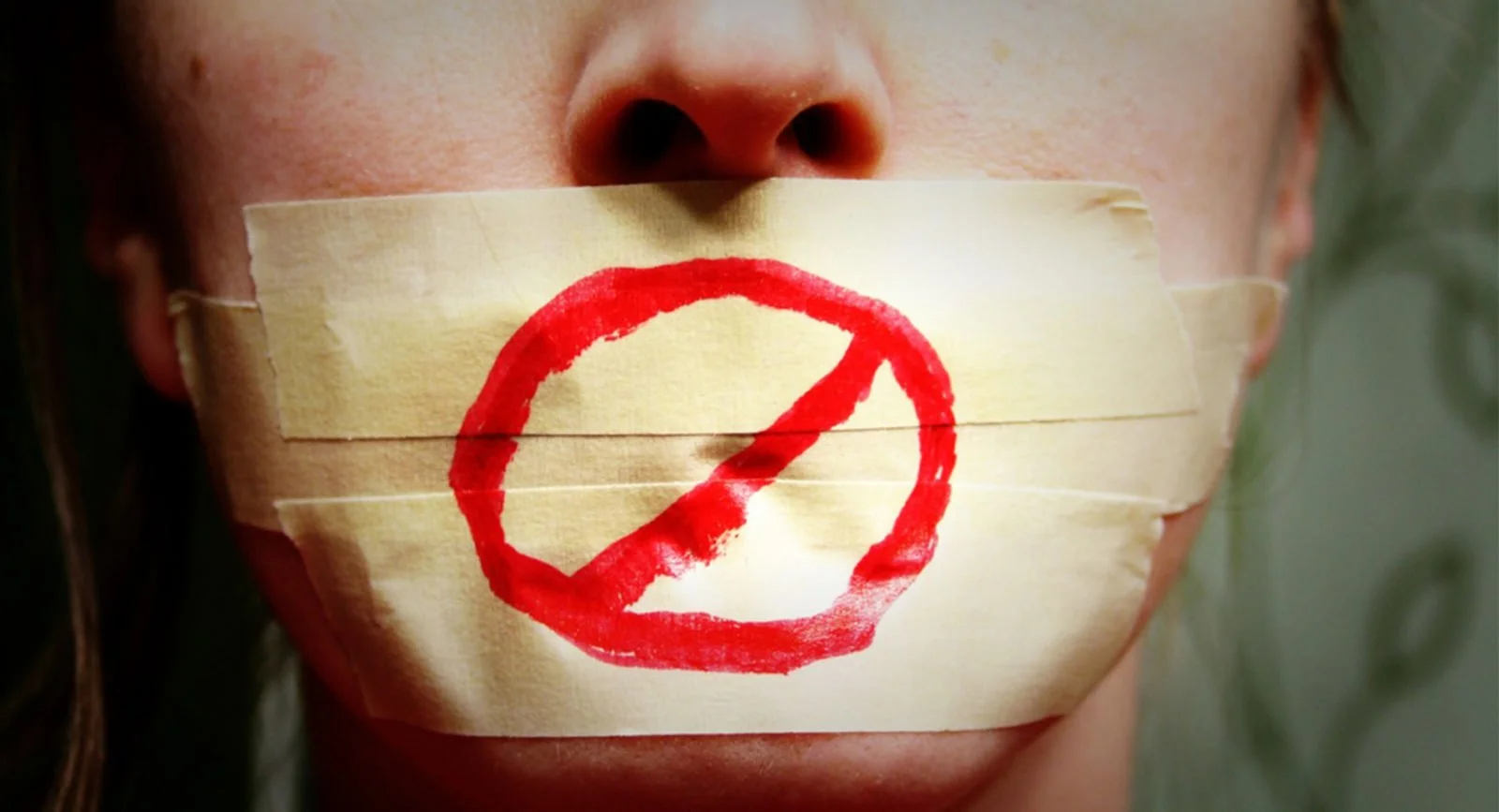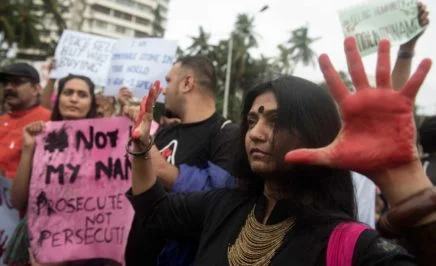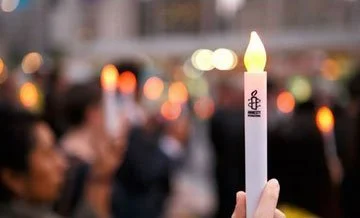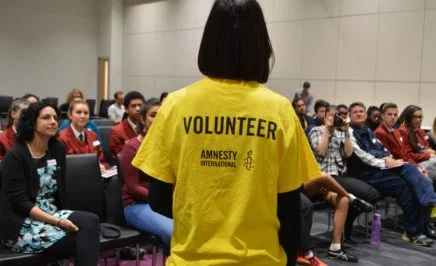Internet shutdowns are used to stop protests, censor speeches, control elections and silence populations. In 2019 alone, internet shutdowns occurred 213 times in 33 separate countries with a noticeable trend towards longer and more targeted shutdowns.
But, what are internet shutdowns and why are they a human rights issue?
What is an internet shutdown?
An internet shutdown occurs when an institution –– often a government –– restricts access to the internet for a specific population or region. A shutdown restricts the ability of a population to communicate with each other and with the outside world. Internet shutdowns can restrict access for an entire state or territory, or can be implemented for specific sub-regions. They can involve shutting off access to particular websites and social media channels or slowing down internet speed rendering it unusable.
What threat do internet shutdowns pose to human rights?
Internet shutdowns pose a threat to human rights because they restrict the ability of important human rights activities to be organised and conducted.
For a population or region directly affected by an internet shut down the ability to access important information is severely restricted. This limits the ability to conduct a number of important tools essential for human rights work, including the ability to speak freely against government policies, to organise and conduct peaceful protests, to have ready access to emergency services and to access areas of safety.
For international and local human rights organisations, internet shutdowns also restrict the ability to document and disseminate information about human rights violations — including killings or the disproportionate use of force by the police or military. Therefore governments are unable to be held accountable for these violations.
Internet shutdowns are not only threats to human rights but are also in direct violation of a number of human rights laws. The United Nations Human Rights Committee has declared that “states … must not block or hinder internet connectivity in relation to peaceful assemblies.”
Where have internet shutdowns occurred?
In the past two years internet shutdowns have occurred in over 33 countries –– among the top offenders are India, Venezuela, Yemen, Ethiopia and Iran. A full list of countries can be found in Access Now’s 2019 report – Keep It On.
What can an internet shutdown look like?
Case Study: Iran, November 2019
In November 2019, security forces in Iran killed at least 304 men, women and children during five days of protests which swept across the country. To this day, no official has been held accountable for the unlawful killings. The deadly crackdown was accompanied by the authorities shutting down access to the internet for most of the population.
The blanket and near-total internet shutdown violated the rights to freedom of expression and peaceful assembly. The shutdown hid serious human rights violations, including killings, cruel and inhumane treatment, and excessive use of force. While the shutdown was ordered by authorities in Iran, it was implemented by internet service providers. In Iran, as elsewhere, not only did the shutdown restrict access to information for people inside the country, it also stopped them from being able to share information with the rest of the world, therefore obstructing research into the human rights violations and crimes committed, the identities of the perpetrators and the victims, and the real number of deaths.
Amnesty International completed an investigation into the shutdown, which was published in May 2020. It found that more than 220 of these deaths took place within 48 hours of the internet shutting down on 16 November.
What’s happening in Myanmar following the military coup on February 1?
There was a telecommunications blackout on the morning of 1 February when the military coup was underway. Internet and phone signals in Myanmar mostly resumed on 2 February.
There have been mobile internet restrictions in conflict-affected areas of Rakhine and Chin States in the country for more than a year. 4G internet access in those areas was reportedly restored late in the evening on 2 February.
On 4 February, the military announced that they were ordering telecoms operators to block access to Facebook until 7 February.
Such restrictions pose a real danger to at-risk civilian populations, especially when access to information is so vital during the pandemic – and even more so when the situation on the ground is so tense amid the coup, and in conflict-affected areas. It’s vital that all telecommunications are kept open or re-established immediately.
What can we do about internet shutdowns?
Governments must never shut down the internet in the way seen during Iran’s November 2019 protests. Together we can pressure governments to work with human rights organisations to ensure that internet shutdowns are not used as tools of silencing. By signing Amnesty’s petition to protect the right to protest you can support free and equal access to the internet.
By visiting Amnesty International’s Report on the Iran shutdown you can also view more resources to hold the Iranian government accountable for the human rights violations of November 2019.





